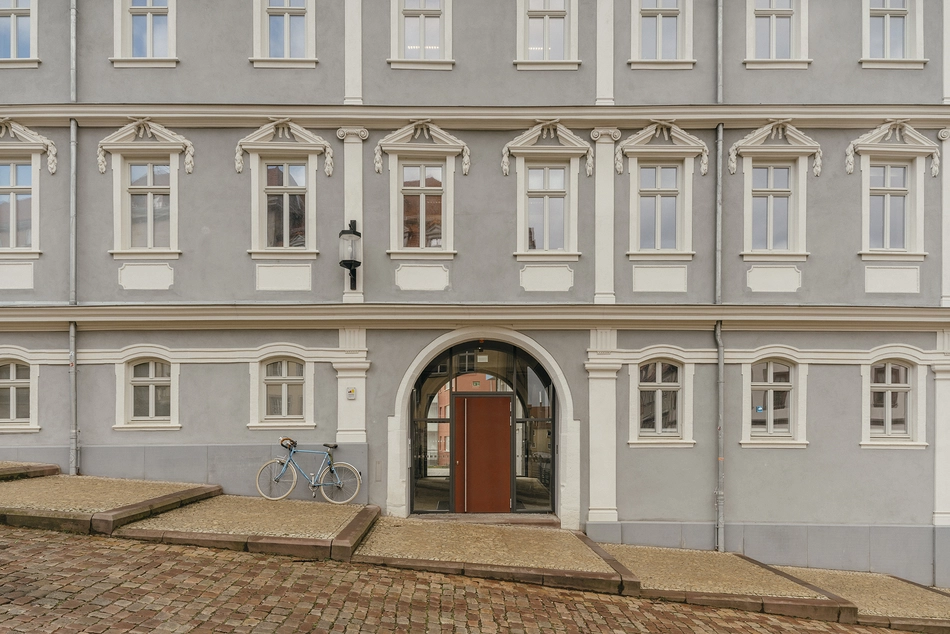The exact meaning of Enlightenment in relation to political action has been the subject of intense debate since the 18th century - and not just in academia. Today, the term is part of the established vocabulary of politicians: "I believe in the power of the Enlightenment," said the former German Chancellor Angela Merkel in the general debate on the 2021 federal budget. "In the USA, the Enlightenment and science are generally regarded as the antithesis of Donald Trump's populism," explains future RTG spokesperson Professor Elisabeth Décultot from the MLU's Institute of German Studies. The future doctoral projects of RTG 2999 will examine this special relationship between the Enlightenment and politics from various perspectives: both historical and contemporary, local and global. One focus is on the Enlightenment outside Europe and on the postcolonial critique of the Enlightenment.
In order to do justice to the topic, the RTG brings together numerous humanities disciplines and professors not only from Halle, but also from the Universities of Leipzig and Erfurt/Gotha. Professor Martin Mulsow from the Gotha Research Centre at the University of Erfurt, who is involved in the Research Training Group as an applicant, explains: "This Central German collaboration in the field of Enlightenment research reflects the conditions in the 18th century to a certain extent, when Halle, Leipzig and Gotha were also centres of the Enlightenment." He is pleased about the close cooperation with the Interdisciplinary Centre for the Study of the European Enlightenment (IZEA) at MLU, where the RTG will be based: "In addition to our joint Gotha-Halle-Wolfenbüttel scholarship programme, this is a further building block in networking the institutions with each other."




